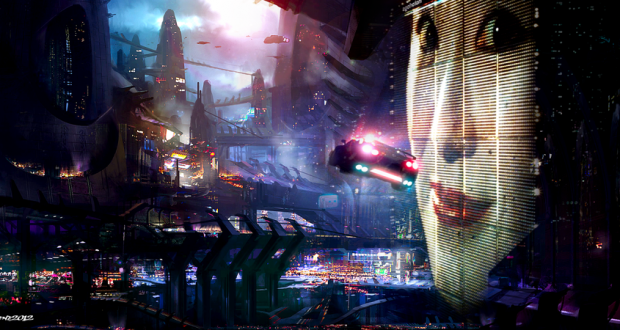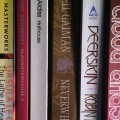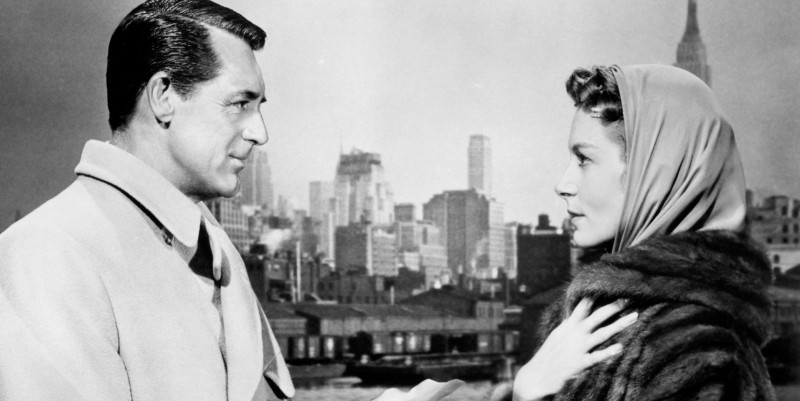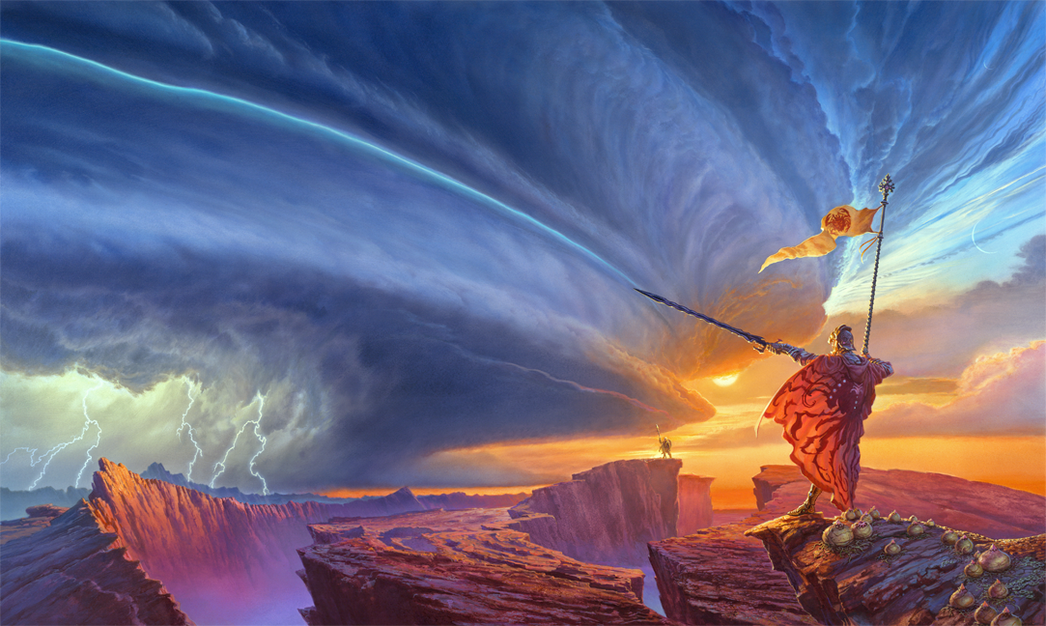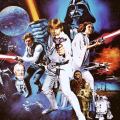Theme songs are important. They set the mood and make fans immediately think of their favourite shows. Unfortunately, science fiction and fantasy television have been consistently appalling at picking a good song for the job. Why is that? When Star Wars embraced the beautiful orchestral scoring of John Williams, SFF films learned the benefits of exquisite classical scores while television floundered. We moved from cheesy orchestral pieces (think Star Trek: The Original Series) to miss-matched, rapidly outdated 90s pop punk (Buffy and Angel), while recently moving into the realm of broody emo-pop.
While there are a few standout successes, like Ramin Djawadi’s epic theme (and score) for HBO’s Game of Thrones, the bad far outweigh the good. Recently, new SFF shows I’ve tried out have had such awful opening themes as to be cringe-worthy before the clunky expositional dialogue even begins. Why is this happening? When will networks learn that the theme song is just as important as the cast, writing, CG, and plot?
What makes a good theme song?
It was Syfy’s Killjoys that made me sit up and say ‘Hey! This theme tune is bad even by SFF TV standards!’ Since then, I’ve noticed it more and more. The worst offenders tend to use theme tunes with lyrics that are heavily hipster with their brooding, dark indie sound. Spotting the instances where a theme song doesn’t work is one thing, but what makes a good theme song? Should TV shows use orchestral, guitar-heavy rock-inspired instrumentals, or even lyrical pieces?
A theme song needs to be memorable while setting the right tone for the series. There are patterns for different kinds of shows, for instance, the more upbeat, comedy-driven the show is, the more likely it will have an up-tempo theme song in a major key; the more dramatic and serious the show, the slower the theme, with softer, darker tones and minor the keys that feature. In general terms, this works. But this trend really only fits one aspect of the ‘good theme tune’ paradigm: setting the tone. What about being memorable? It needs to have its own personality and feel unique to that particular series, which is something a little harder to pin down.
Sometimes you might hear about music from older video games being better than modern ones. Back in the day, there were a limited number of notes that could be used, and they were all of the same tonal quality. This forced the composers to come up with a simple melody that was distinct and catchy. Now that we can throw in all these other sound effects, instruments, and vocals, theme song composers often lose sight of developing that distinct melody and combination of sounds that sets the musical score from one series apart from all others. Instead, we find more and more themes and scores falling into generic categories… If it’s a teen supernatural drama there are lots of dark indie songs, American political dramas the theme will have military inspired beats reminiscent of national anthems, and so on.
The woeful and the wonderful
What a rocky road it has been. Though there have been a handful of excellent SFF themes, their history is paved with far more lemons than gems. Let’s take a look at this potted history a little more closely…
Star Trek: The Next Generation
The personality-less orchestral opener for the Star Trek series of my youth is so bland that despite having watched (and re-watched) the entire series multiple times, trying to bring the theme tune to mind out of the blue is impossible. While the Captain’s monologue was a nod to the original series’ opener, it now feels like the producers were grasping at straws trying to make the opener sound remotely Star Trek-like.
The X-Files
I personally think this is one of the best examples of an SFF theme song. Not only does the sound of it immediately bring the show to mind (even if you weren’t a fan), but it has now become synonymous with any weird or potentially alien occurrences. This theme song not only defined the series but left a lasting impact on science fiction.
Stargate SG-1
I am in two minds about this theme tune. While on the one hand it is instantly recognisable and suitably epic/grandiose/melodramatic for a series that was so full of CHEESE, it has not aged well. Anyone new to SG-1 would immediately be able to pinpoint the series’ age. On the whole, it does fit the show, even if it does scream 1997.
Charmed
One of the earliest SFF series I ever saw that used lyrics in its theme, Charmed managed to make it (mostly) work. The key to its success? They used an existing, already popular song, albeit a cover version with more eerie and supernatural sounds. As far as 90s television goes, not such a bad theme song all in all.
Agents of S.H.I.E.L.D.
Marvel’s flagship series on network television has struggled since it first began. While it has become a fan favourite, it didn’t start that way. Similarly, it’s opening theme is so utterly forgettable you’ll be unable to hold it in your mind even as you listen to it. The insipid, uninspiring track fails to get the audience in the mood for a series that tries so very hard to be epic while sending them to sleep.
The Vampire Diaries, Shadowhunters, Being Human (US), and The Chronicles of Shannara
Smokey female vocals? Check. Emotional lyrics? Check. Mid-tempo indie sounds with hints of sweeping orchestral movements? Triple check. Not only could all of these shows’ theme songs be interchangeable, two of them have songs by the same artist! Both Shadowhunters and The Chronicles of Shannara use songs by Ruelle as their opening theme. Why try to stand out from the crowd when you can blend in so well as to become almost a clone?!
Is it really so much to ask for television producers to keep these two very simple rules (set the scene and make it memorable) in mind when picking a theme song?
 Pop Verse Pop Culture Universe
Pop Verse Pop Culture Universe
